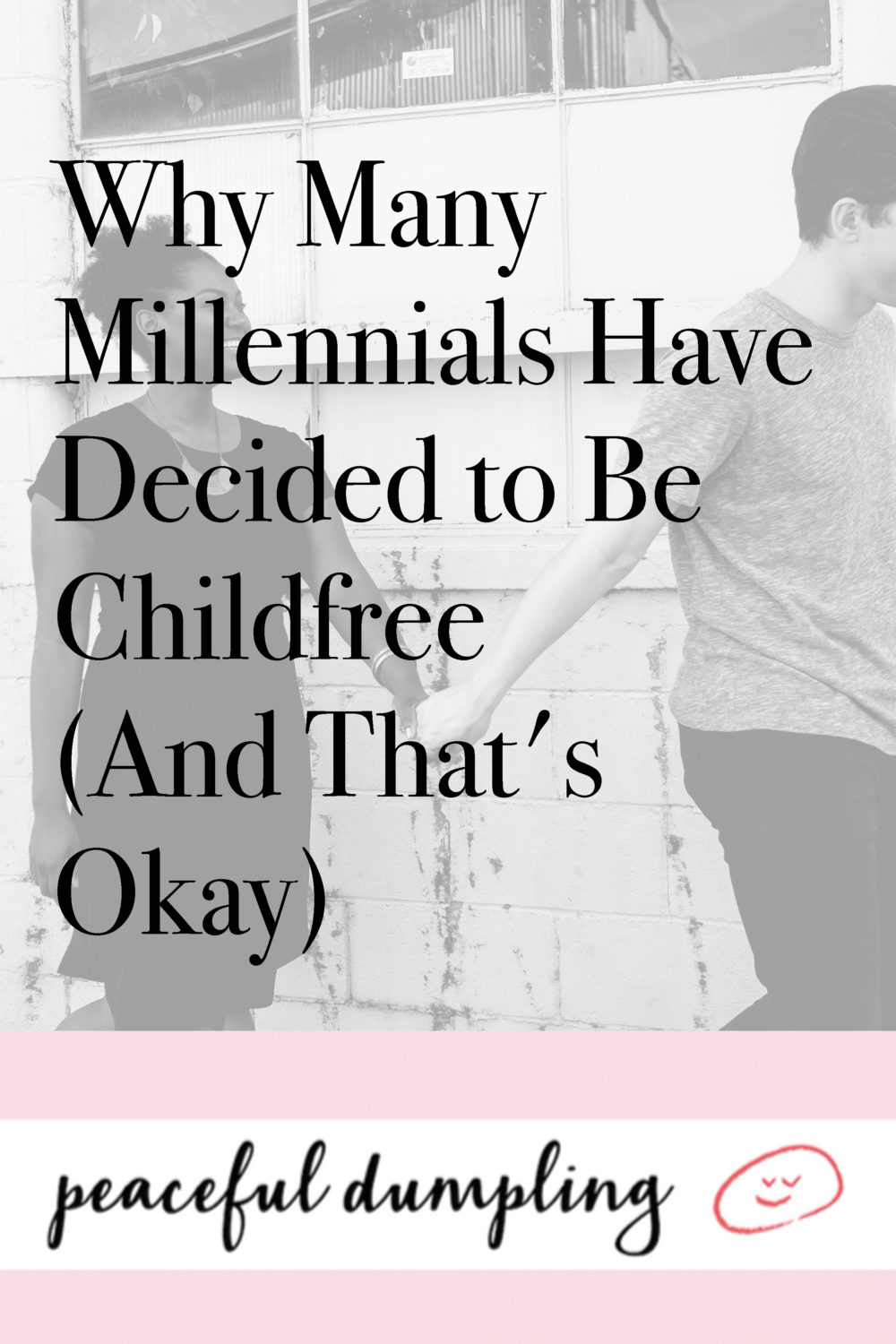
According to a new report from Negative Population Growth Inc., millennials aren’t having enough children to replace the generation before them. In 2010, the United States total fertility rate was 2.1, which kept pace with the overall deaths. However, the most recent data puts the total fertility rate at 1.8, which indicates a negative population growth. To put it simply, Millennials are causing a “baby bust.”
Just why are millennials opting out of the childrearing game? Like so many things today, the answer to this question is surprisingly complex — and if you ask the members of Generation Y themselves why they’re foregoing parenthood, you’re likely to get some pretty thought-provoking responses.
Financial Instability
This should come as no surprise, but most millennials are in dire straits when it comes to their financial situation. Millennials are not only drowning in student loan debt, they’re facing higher levels of under and unemployment than the generations before them. Their bills are high, their income is low — they can barely afford to pay rent and feed themselves, let alone take on the financial responsibilities of raising a child.
Many millennials look at the current and future state of their finances and conclude that having a child would be impractical. They simply can’t afford to be parents. Furthermore, rationally and morally they know it’s unfair to bring a child into the world when they can’t give them the life they deserve.
Health Woes
One of the most oft-cited reasons I hear when millennials talk about their reasons for being childfree is their mental and physical health. Some don’t want to pass on genetic disorders to their children. Others have mental health issues and pregnancy would require cessation of the medications that control their symptoms. Still, others have anxiety or trauma disorders that are triggered by the noise and stress that comes with raising children.
There are also far more millennial women than previous generations that feel comfortable enough to discuss not wanting to have children because of the process of pregnancy itself. Some women are disturbed by the risks associated with pregnancy (perineal tears, urinary incontinence, painful intercourse, etc.) and the high rate of maternal death in the U.S. Others are tokophobic — they have a fear of pregnancy and childbirth, feeling terror, disgust, and revulsion at the idea of carrying a child to term and giving birth. Either way, the fact that they’re more open to having these conversations is a big step forward in tearing down the social constructs that insist that all women want to have children.
Social and Environmental Concerns
Many members of Generation Y are genuinely concerned about the future of the planet. The looming consequences of climate change are incredibly alarming, and the problem isn’t being properly dealt with. Hence, millennials aren’t sure it even makes sense to bring children into the world when they may have to endure an increasingly bleak future.
There’s also the threat of overpopulation. According to Norwich University, by 2025, two-thirds of the population will face water scarcity or stress. By 2030, 50 percent of the world will need more food, 45 percent will need more energy, and 30 percent will need more water. If the threat of overpopulation isn’t handled, 3 billion people will be living in poverty; less land and increased competition for resources will lead to more conflict; and we will see a surge in the spread of virus and disease. By choosing not to have children, millennials are actively helping conserve resources and protect the population.
Personal Choice
Some millennials simply don’t want kids. They’re not willing to give up their freedom or independence. Some want to concentrate on their careers while others wish to spend their time and money on travel and hobbies. Many choose to focus on their relationships with their partner, friends, and family members. They feel complete without children. Finally, some have no desire to be a parent — and they’re not willing to subject a child to an environment where they are not wanted.
However, members of Gen Y are having serious issues obtaining permanent birth control. Doctors are reluctant to sterilize young women and men for fear that they’ll “change their mind” and file malpractice suits. Furthermore, less invasive sterilization methods have yet to see any real innovation. Essure, a permanent birth control device that promised an answer to tubal ligation, has caused serious health issues for thousands of women due to improper clinical testing and the removal of appropriate warning labels by the FDA. And for men, a vasectomy is the only form of permanent sterilization — there are no other options.
The decision to be childfree is a highly personal one, yet it’s one that is questioned by friends, family members, healthcare providers, and strangers alike. The truth is whether it’s prompted by financial problems, health concerns, anxiety over the future of the planet, or a simple lack of desire, millennials don’t owe anyone an explanation on why they choose to be childfree.

__
Also by Liz: Let’s Stop Putting Burden Of Safe Sex On Women: Why Millennials Want Male Birth Control
Related: Why Not Having Children Doesn’t Make Me Selfish
5 Ways Millennials Are Breaking With Tradition–And Redefining Adulthood
Get more like this—Subscribe to our daily inspirational newsletter for exclusive content!
__
Photo: Pixabay
